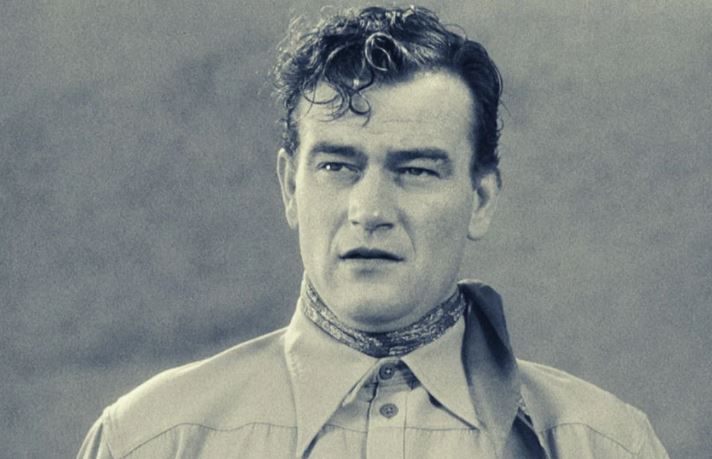When one of the biggest stars in Hollywood joins forces with one of the industry’s most vaunted directors and an actor for whom they both had a deep-seated affection, it stands to reason that the studio would bend over backwards to give them what they wanted. Instead, John Wayne and John Ford had to make a film for the studio before they could make one for themselves.
The combination of ‘The Duke’ and the man he called ‘Pappy’ would usually be enough to guarantee them funding for their next collaboration, but the people in charge weren’t sure the duo could sell a picture to a ticket-buying audience that didn’t sit within their usual wheelhouse.
The pair had become synonymous with the western and reaped the benefits of steering so many movies to box office success and critical acclaim, but when Ford acquired the rights to a romantic drama he planned to shoot in Ireland with Wayne and Maureen O’Hara, Republic Pictures founder Herbert J Yates issued an ultimatum.

In her memoirs, O’Hara wrote that the top brass called The Quiet Man a “silly, stupid little Irish story that will never make a penny.” Ford had snapped up the film rights in 1933 and held onto them for nearly two decades, only to be told by his paymasters that he needed to give them something more commercial before they’d agree to sign off.
“I’ll finance the picture if you make a western first,” she recalled Yates telling Ford. “With the same director, same producer, same cast and crew, same everybody, to make up for the money I’m going to lose on The Quiet Man. I’m going to lose on The Quiet Man.”
With that in mind, Ford, Wayne, and O’Hara gathered producer Merian C Cooper, composer Victor Young, and various other crew members and went off to make Rio Grande. While it was a hit that recouped its budget more than twice over from theatres, The Quiet Man had the last laugh in the end.
Not only was it the first – and last – time Republic had ever backed a ‘Best Picture’ nominee at the Academy Awards, Ford won his fourth ‘Best Director’ trophy for helming The Quiet Man, which also made more money in ticket sales than Rio Grande, making a mockery of Yates’ assertions that the trio had to offer him a guaranteed hit before he’d let them tackle a passion project that was doomed to fail.
Ford, Wayne, and O’Hara had been around long enough to know when a film would work, and they were confident enough in their ability to sniff out strong material, and that shared belief in The Quiet Man prevailed after they’d made Rio Grande for little other reason than having no choice.
